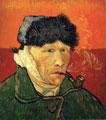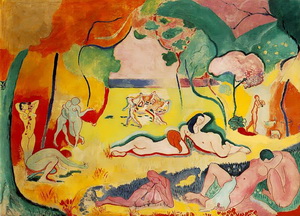* = required
* Your Name:
* Your Email Address:
* Friend's Email Address:
Default Message:
I found this painting on Toperfect and thought that you might be interested.
You can find it at: https://www.toperfect.com/abstract-and-decorative-Paintings/
Send your own message (optional):





































 Back to Top
Back to Top 